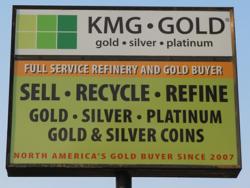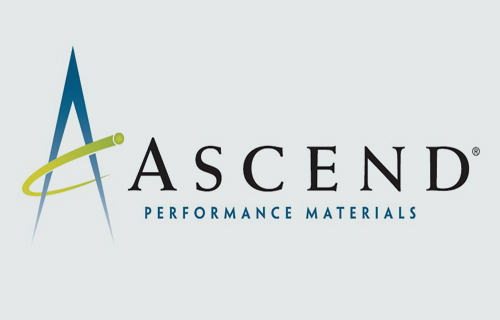The sustainable use of plastics is one of the decisive factors in achieving the ambitious climate targets of the Paris Agreement. The mechanical and plant engineering sector is committed to creating a genuine circular economy for plastics. This is why the VDMA is also in favour of product-specific use quotas for recyclates.
This would allow plastics to be used several times and reduce the CO2 balance. The aim is to realign the raw material markets and make the use of recyclates more attractive in terms of price. So far, they are more expensive than newly produced plastics, because their production is oriented towards the very favourable crude oil prices.
VDMA President Karl Haeusgen said: “Restrictions on the use of recycled materials should be put to the test. It is not understandable why, for example, waste bins in some municipalities are not allowed to be made of recycled plastic. We need regulations, that promote the use of recyclates across the board or at least do not unnecessarily hinder it.”
The VDMA has now presented its arguments in a discussion paper titled, ‘For the sustainable use of plastics – pro circular economy’. The paper was jointly prepared by several trade associations, including Waste and Recycling Technology and Plastics and Rubber Machinery.
The reasons for this are the ambitious goals for climate protection and resource conservation defined by the EU within the framework of the Green Deal, with which climate neutrality is to be achieved by the year 2050. “We want to show, that we stand behind the goals of the Green Deal with conviction, and we also get involved together in shaping its implementation. We see the discussion paper as a good basis for discussions with politicians, but also within the plastics industry,” Haeusgen added.
In its discussion paper, the VDMA also suggests quality standards for recyclates, as well as design for recycling for plastic products and digital traceability of used plastics. An export ban on plastic waste from the EU to third countries with lower environmental regulations is also called for. “Plastics products help to improve the CO2 balance and thus make their contribution to climate protection. Standards for the balancing of the CO2 footprint can create more transparency,” Haeusgen concluded.
References : https://www.eppm.com/industry-news/rethinking-cycles-how-to-close-the-plastics-gap/









